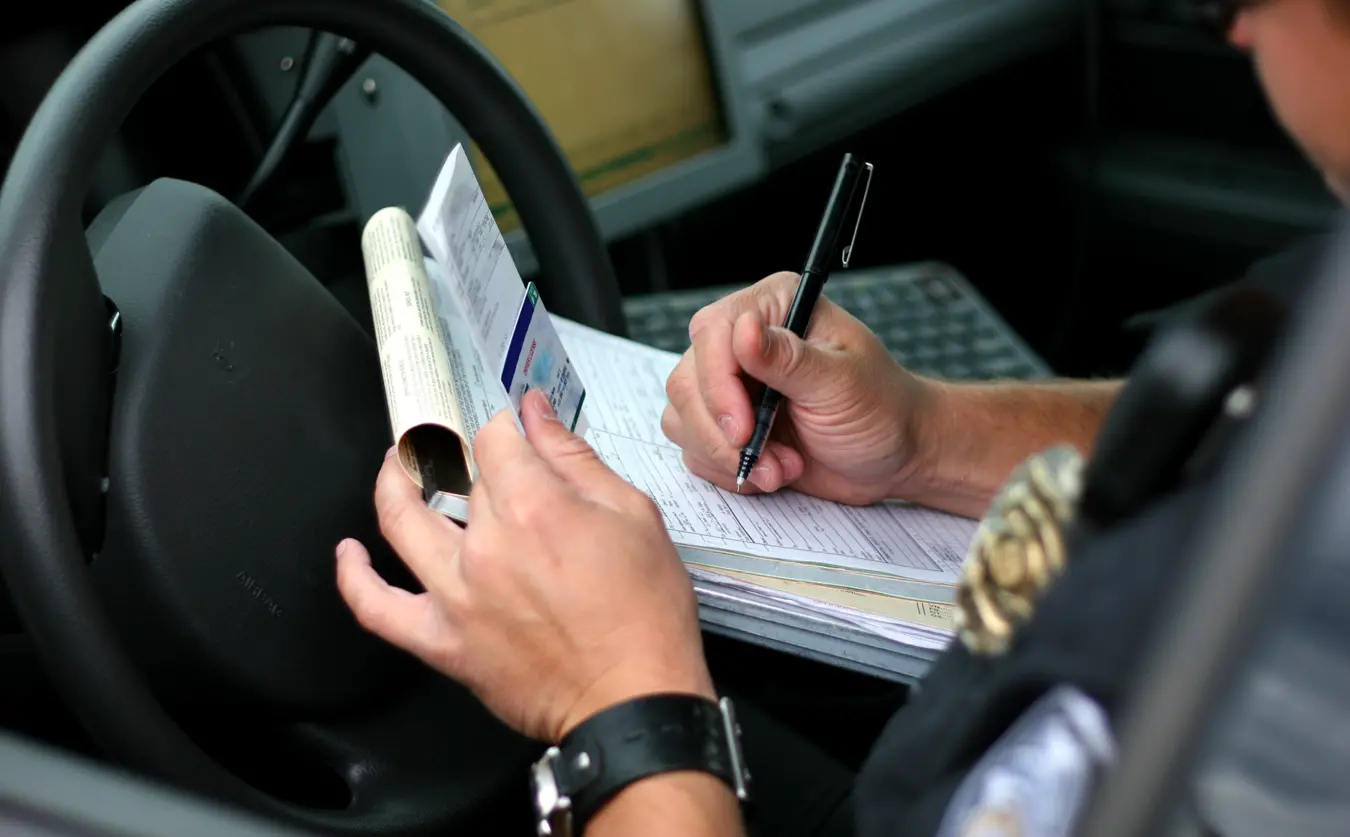
July 24, 2024
People with low income are particularly vulnerable to systems that criminalize poverty. One key example is transportation, largely due to the government’s heavy reliance on fines and fees for revenue. Penalties like speeding tickets, city sticker fees, and court costs create financial burdens and trap individuals in cycles of hardship.
Fines and fees do not consider a person’s income or ability to pay. As a result, Black communities, other communities of color, and people with low income are at risk. The United States has a history of racism, which today sees certain populations overrepresented in systems that monitor poverty.
The Shriver Center on Poverty Law will spearhead a new statewide coalition to address fines and fees, with support from the Fines and Fees Justice Center (FFJC) and other partners. This issue exists in Chicago, in municipalities around the state, and at a statewide level and has a disproportionate impact on Black and Latine communities. Centering people with lived experience to identify solutions is a critical part of how the coalition will operate.
Government bodies have little interest in overhauling this system, despite its failure to deter crime, because it funds public services. In 2021, state and local governments generated almost $13 billion in fines and fees revenue alone. In Chicago, for example, the over-reliance on fines and fees in former Mayor Lori Lightfoot’s 2023 budget was highlighted by FFJC. The center’s analysis noted speed cameras fined Chicago motorists over $102 million in one year.
What happens when these dollars don’t go back to developing the communities they were taken from? In an already failing tax system, wealthy families pay a smaller percentage of their income in taxes. And ironically, affluent communities face few fines and fees compared to low-income communities.
At the Shriver Center on Poverty Law, we understand the importance of a multi-issue approach to advocacy. Our economic justice team will collaborate with our community & family justice team on this initiative because fines and fees affect financial security. In addition to keeping people mired in debt or possibly bankruptcy, they put people at risk of negative outcomes including struggling to support their families, risking involvement with the child welfare system, and potentially losing housing. They also prevent people from accessing jobs that would help pull them out of poverty.
The coalition’s work will build on previous wins. In 2021, the Shriver Center helped to end drivers’ license suspensions for inability to pay traffic fines and fees. Illinois took a step forward this spring with passage of HB 277, which eliminates the requirement that drivers’ licenses be suspended for failure to appear in traffic court. It also clears all resulting suspensions going back five years. Over 100,000 Illinoisans have suspended drivers’ licenses, often due to their inability to pay a fine or fee.
Even relatively small fines can be a heavy burden for people with low income. “You have people that are already struggling to pay rent or provide for their families, and now they must choose between feeding their children or paying a fine to avoid further penalty,” said Jeremy Rosen, director of economic justice at the Shriver Center.
Money generated from communities to fund government should be collected and redistributed equitably. To build a future free from racism and poverty, we will continue to break down barriers and push for change in areas that have the biggest influence on the lives of people experiencing poverty.

Fiscal policies should ensure that all communities can thrive.
Our policies and laws must value families, center communities, and end racial inequities.